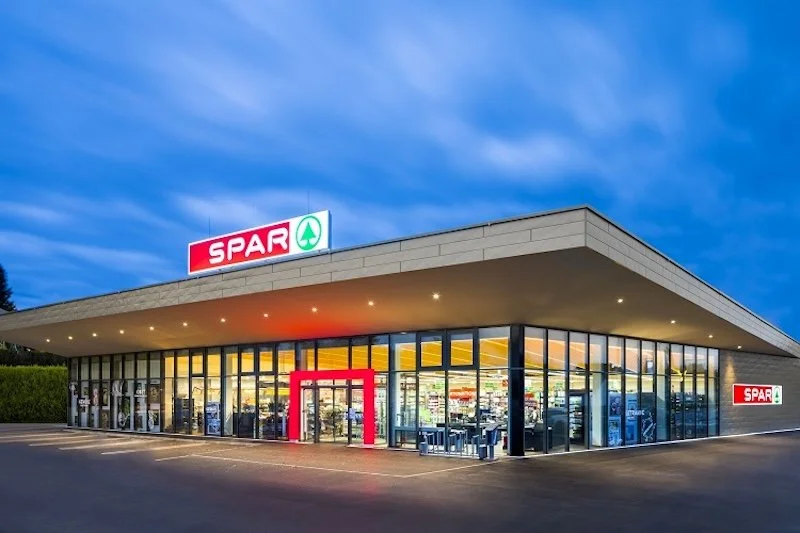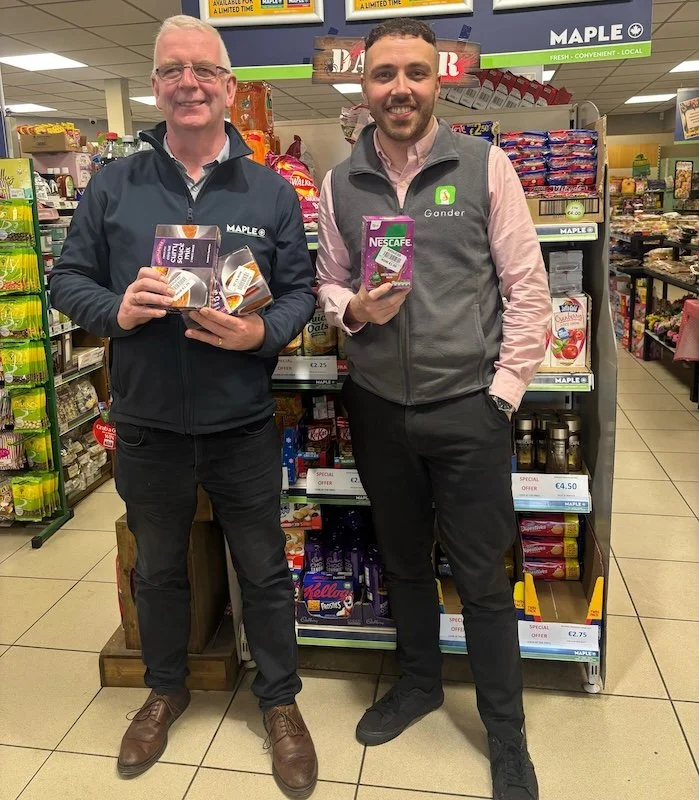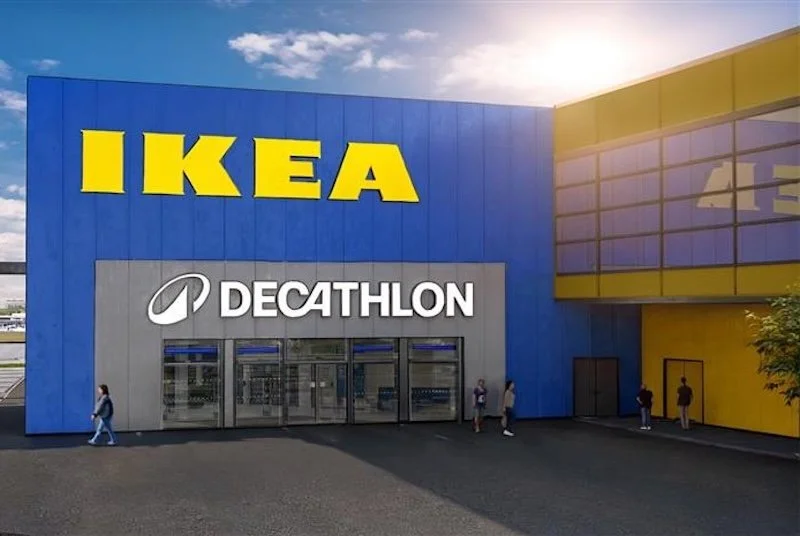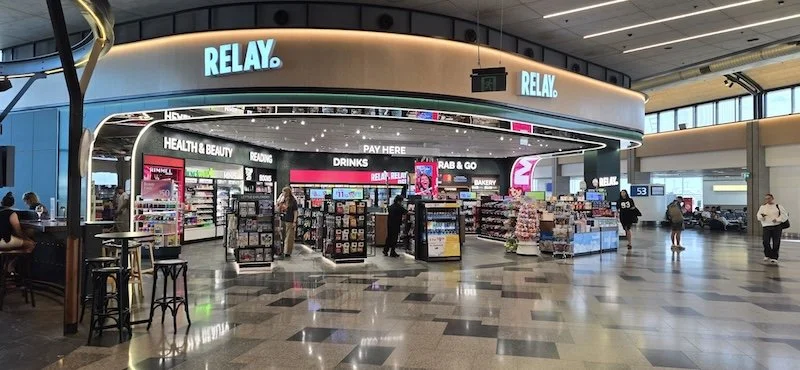Examining the importance of local SEO for e-commerce stores
Once associated with a physical business, local SEO is now becoming more important for e-commerce stores, even those of you that operate primarily online.
Consumer behaviour is now shifting towards personalised, location specific searches, especially thanks to the rise of mobile and voice searches.
Optimise your business for locals to find you, and you will attract nearby customers, increase the relevance of local searches, and, in the end, boost your visibility in a highly competitive space.
It is no longer an option - implementing local SEO is a strategy that will ensure your business not only ranks globally but also stands out in specific areas where it matters most in order to meet the needs of modern location-aware shoppers.
Need more convincing? Hear it from an expert at a leading e-commerce SEO agency in London about how local SEO can completely change the game.
Why Is Local SEO Crucial for E-commerce Stores?
Once associated with a physical business, local SEO is now becoming more important for e-commerce stores, even those that operate in a primarily online space.
Local SEO can boost your visibility as an e-commerce brand even if you don’t actually have a physical store. The fact is that consumers do look for products and services near them, which means that when you rank for local SEO, you are standing out to those ready to make a purchase.
Moreover, mobile first indexing and the rise of voice activated devices like smart speakers prioritise local results, so you must be optimised for these channels. And for those of you with bricks and mortar locations, leveraging local SEO will help attract local customers and drive foot traffic to your business.
Another valuable effect of local SEO is that localised search results often lead to higher conversion rates. Why? Because consumers who are searching locally are searching for specific products and are already ready to make a purchase. Therefore, you get access to a more relevant, “ready to buy” customer base.
These days, local SEO is now an invaluable strategy for e-commerce businesses looking to drive online and offline success.
Key Elements of Local SEO You Need to Understand
Do you have your e-commerce stores all set and ready to be optimised? Here are the essential elements you need to focus on:
● Google My Business (GMB) Optimisation: When you have optimised your GMB profile and have done it well, you boost your visibility on Google Search and Maps, making it way easier for your customers to find your store when they need it.
● NAP Consistency: Make sure your Name, Address, and Phone Number, also known as NAP, are consistent across all directories. It will improve your search rankings and build trust.
● Local Keywords: A good piece of advice is to incorporate location-based keywords in your product description, meta tags, and content to help your store rank higher for local searches specifically.
● Localised Content: You will also have to tailor your blog posts, landing pages and promotions to specific regions and cities to increase your relevance.
● Customer Reviews & Ratings: Don’t forget to ask your customers to leave positive reviews - they are the best ticket to credibility.
● Local Link Building: Backlinks from local businesses or influencers enhance your store’s authority and local search ranking.
● Mobile Optimisation: It is crucial you make sure your website is also mobile friendly. Local searches are often done on mobile rather than computer devices, so your site needs to be responsive and answer the target's preferred behaviour.
Focus on these elements, and you will shoot up your local search visibility and attract relevant customers who are ready to buy from you.
What are Some Local SEO Mistakes You Need to be Aware Of?
There are several key mistakes e-commerce stores often make when they try to implement a new local SEO strategy:
● Ignoring Mobile Optimisation: Nowadays, a website that isn’t mobile friendly is a website with poor user experience, which results in lower rankings.
● Inconsistent NAP Data: Inconsistent NAP confuses search engines and will negatively impact your local rankings, ultimately hurting your SEO.
● Not Claiming Your Google My Business Listing: Failing to do this means you are missing out on valuable local visibility and search traffic.
● Neglecting Customer Reviews: If you don’t actively engage with your customers’ reviews or seek them, you will hurt your SEO strategy. They are the key to building trust with your target audience.
Avoid these mistakes at all costs, and you will have a strong local SEO strategy.
If You're in E-commerce, Local SEO Matters
Simply put, if you want to benefit from visibility and attract customers around the corner, then local SEO is what you need to do! Implementing it into your marketing strategy means you can stay competitive and relevant in the digital marketplace. And every step you take will bring you closer to success.
So what are you waiting for? Start optimising today and see the results for yourself. You won’t regret it.































Continue reading…